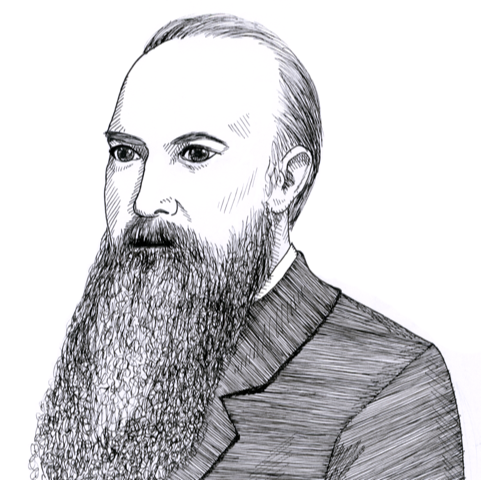
Lord Acton writes to Bishop Creighton that the same moral standards should be applied to all men, political and religious leaders included, especially since “Power tends to corrupt and absolute power corrupts absolutely” (1887)
Found in: Acton-Creighton Correspondence
Lord Acton writes to Bishop Creighton in a series of letters concerning the moral problem of writing history about the Inquisition. Acton believes that the same moral standards should be applied to all men, political and religious leaders included, especially since, in his famous phrase, “power tends to corrupt and absolute power corrupts absolutely”:
Presidents, Kings, Tyrants, & Despots
I cannot accept your canon that we are to judge Pope and King unlike other men, with a favourable presumption that they did no wrong. If there is any presumption it is the other way against holders of power, increasing as the power increases. Historic responsibility has to make up for the want of legal responsibility. Power tends to corrupt and absolute power corrupts absolutely. Great men are almost always bad men, even when they exercise influence and not authority: still more when you superadd the tendency or the certainty of corruption by authority. There is no worse heresy than that the office sanctifies the holder of it. That is the point at which the negation of Catholicism and the negation of Liberalism meet and keep high festival, and the end learns to justify the means. You would hang a man of no position, like Ravaillac; but if what one hears is true, then Elizabeth asked the gaoler to murder Mary, and William III ordered his Scots minister to extirpate a clan. Here are the greater names coupled with the greater crimes. You would spare these criminals, for some mysterious reason. I would hang them, higher than Haman, for reasons of quite obvious justice; still more, still higher, for the sake of historical science.